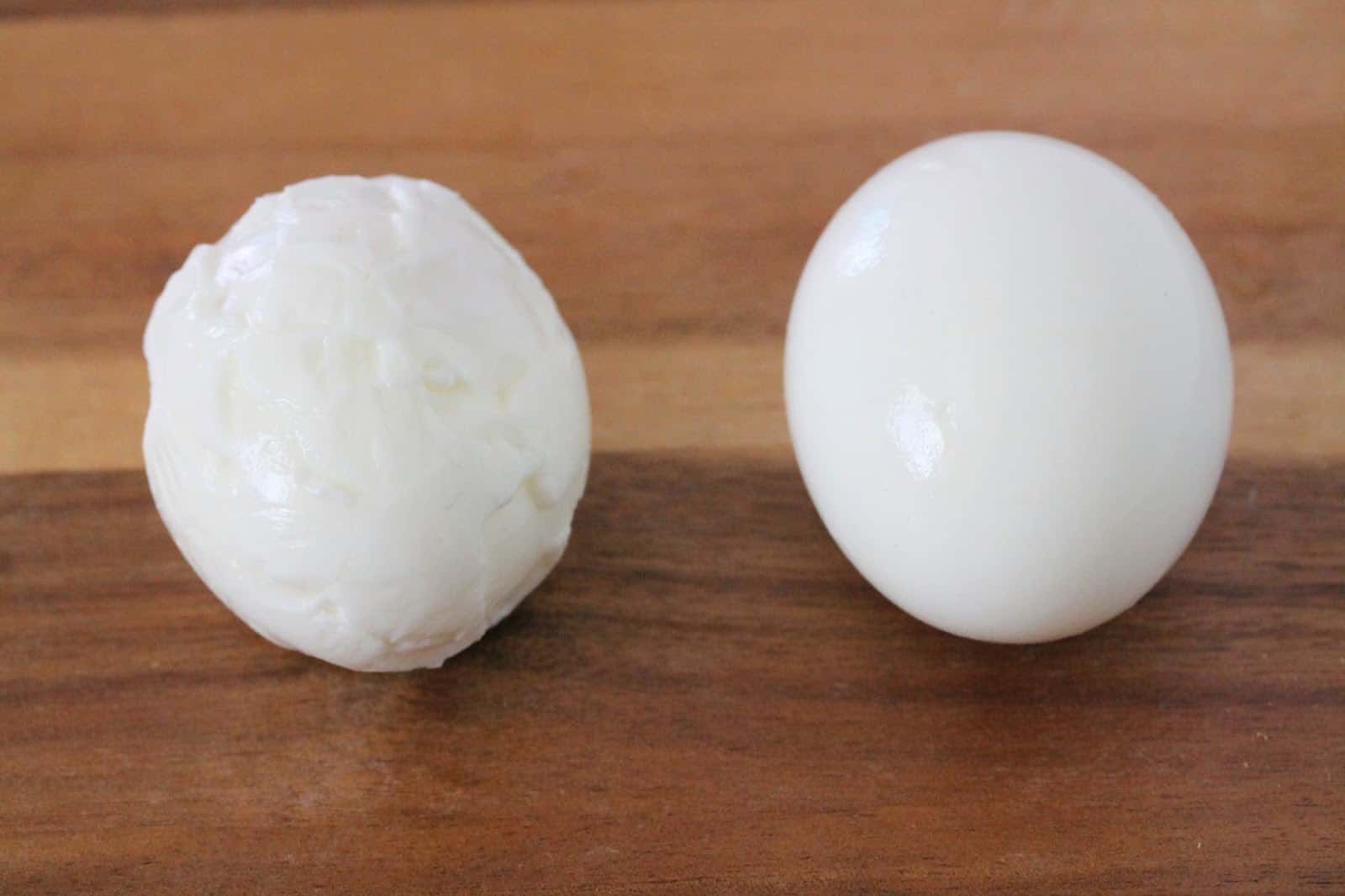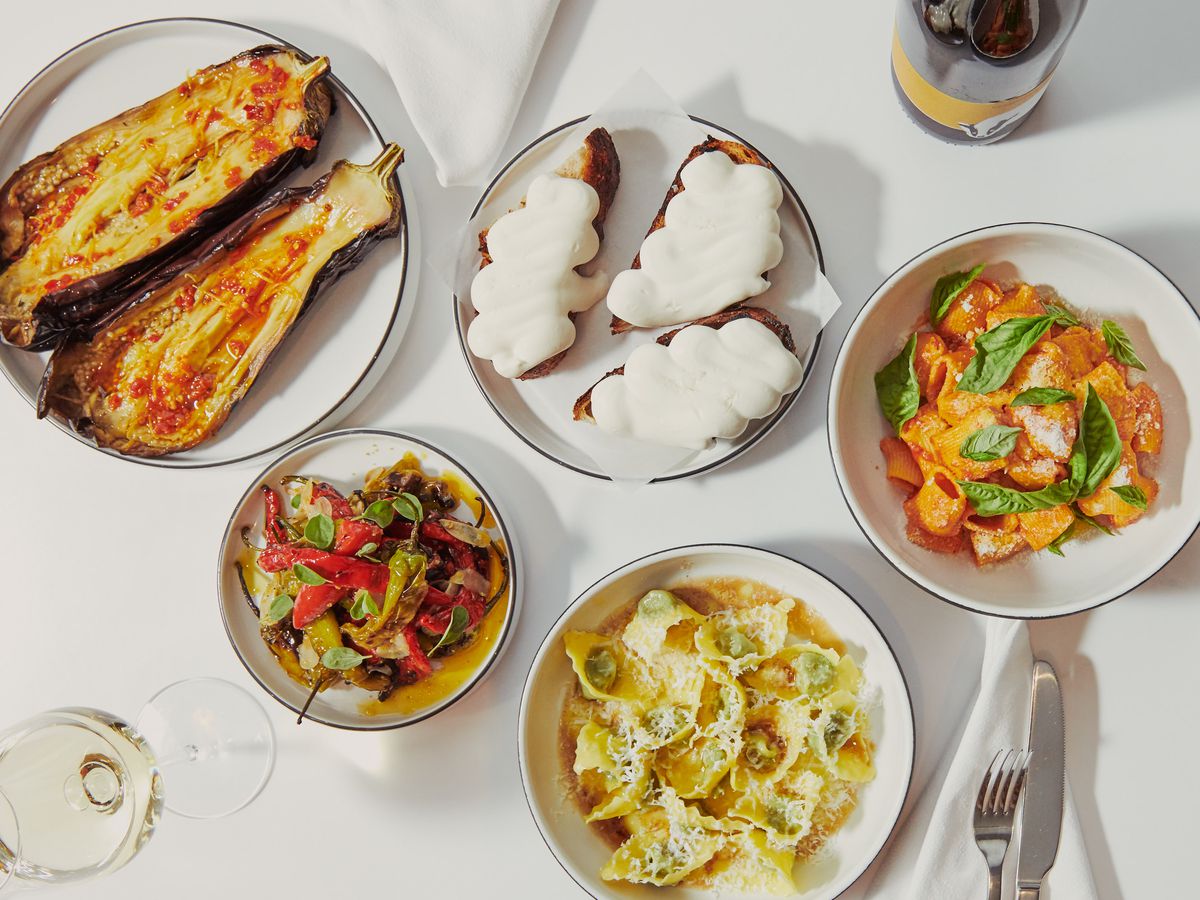Discover the ultimate guide to achieving perfectly boiled eggs every time! Whether you prefer a hard-boiled, medium-boiled, or soft-boiled egg, we've got you covered. In this article, we'll not only share the exact durations for boiling each type of egg, but we'll also explore alternative methods for boiling eggs without a stovetop. Plus, we'll answer all your burning questions about egg storage, peeling techniques, and more. Get ready to elevate your egg game with our expert tips and tricks.
Duration for Boiling Hard Boiled Eggs
To achieve hard boiled eggs, which are perfect for creating deviled eggs, bring the eggs and water to a boil, then remove them from the heat and allow them to sit for 12 minutes.
murka99 / 500px/Getty Images
Duration for Boiling Medium Boiled Eggs
For medium boiled eggs with a "jammy" center, or a center that is no longer runny but still soft, bring the eggs and water to a boil, remove them from the heat, and let them sit for 6 minutes.
Duration for Boiling Soft Boiled Eggs
For soft boiled eggs with a runny center, bring the eggs and water to a boil, remove them from the heat, and let them sit for 3 minutes.
Methods for Boiling Eggs Without a Stovetop
Believe it or not, you can make boiled eggs without a pot of water. Here are a few alternative methods we recommend for producing perfect hard boiled eggs:
Air Fryer Hard-Boiled Eggs
Did someone mention a craving for Egg Salad? Utilize your Air Fryer to boil the eggs and toast bread for sandwiches at the same time.
Instant Pot Hard-Boiled Eggs
Were you aware that your Instant Pot can be used to hard boil large quantities of eggs? Give our method a try the next time you meal prep boiled eggs.
Microwave Boiled Eggs
Place eggs in a microwave-safe dish, cover them with water and add a pinch of salt. Microwave for 5 minutes. Wait for 1 minute before microwaving for an additional 4 minutes. Chill and peel.
What is the optimal method for peeling hard boiled eggs?
To peel hard boiled eggs, begin by gently tapping them on a hard surface to crack the shell. Roll the egg gently on a surface to loosen the shell. Then, start peeling the egg from the larger end, where the air pocket is located. For more detailed instructions, refer to our guide on how to peel a hard boiled egg.
How long can hard boiled eggs be stored in the refrigerator?
Hard boiled eggs can be refrigerated for up to 1 week, as long as they are stored in an airtight container. For best results, consume them within a day or two. For more information on how to safely store eggs, consult our guide on egg storage and food safety.
What are some ways to utilize hard boiled eggs?
Hard boiled eggs can be incorporated into almost any salad to add protein, in a potato salad for added creaminess, or as a topping for sandwiches or burgers. They can also be sliced and used as a garnish for soups, stews, or curries. Doro Wat, a chicken stew known as Ethiopia's national dish, presents a perfect example of how hard boiled eggs can enhance a dish. Enjoy them with a sprinkle of salt and pepper for a quick and nourishing snack. Hard boiled eggs are an incredibly versatile ingredient that can elevate simple dishes.
Explore our collection of recipes featuring hard boiled eggs in our Recipe Category: Hard Boiled Eggs.
Can hard boiled eggs be stored in the freezer for future use?
We do not recommend freezing hard boiled eggs as the texture of the egg white can become rubbery and unappetizing.
What distinguishes a soft boiled egg from a hard boiled egg?
A soft boiled egg is boiled for a shorter duration, typically 4-6 minutes, resulting in a runny yolk with partially set egg whites. A hard boiled egg is boiled for a longer duration, typically 10-12 minutes, resulting in fully cooked and solid yolk and egg whites.
For more information on soft-boiled eggs, please refer to our comprehensive guide on how to soft boil eggs.
How can I prevent the green ring around the yolk of a hard-boiled egg?
The green ring around the yolk of a hard boiled egg is caused by a reaction between the iron in the yolk and the sulfur in the egg white. While it is safe to consume, it may not be as visually appealing as a vibrant yellow yolk. To prevent the green ring, avoid boiling the eggs at a rolling boil and reduce the cooking time. We also recommend rapidly cooling the eggs in ice water after cooking to prevent further cooking.
Are older eggs preferable for hard boiling?
It is widely believed that older eggs are easier to peel after boiling, but using less fresh eggs can present other challenges. While older eggs can be used for hard boiling, they may result in misshapen eggs due to an increase in the air pocket inside, which occurs as eggs age. This may not be a concern for egg salad, but it can be less desirable for deviled eggs. Additionally, older eggs are more likely to develop a green ring, even within the recommended cooking times, because the egg white becomes more alkaline over time, accelerating the chemical reaction. If appearance is important, fresher eggs are recommended, but all eggs taste great.
What is the desired texture of a hard-boiled egg's yolk?
The ideal texture of a hard-boiled egg's yolk is firm, without being dry or crumbly. The yolk should not be completely set, yet it should not be runny either.My rules for boiling eggs and the reasoning behind them
- Extra-large eggs (60g/2.2 oz): add 30 seconds
- Jumbo eggs (65g /2.5 oz): add an extra 1 minute
- Emu eggs: a separate recipe dedicated to them may come one day...(maybe! 😂)Which type of boiled eggs should I use for different purposes?
Uses – Caesar salad and serving on toast with avocado in various forms (smashed/smeared, guacamole, or avocado sauce).

Uses – Salads (Nicoise, chicken pasta salad, Gado Gado), incorporated into fish pie, and for my favorite egg sandwiches.
Soft boiled eggs with avocado sauceCaesar saladChicken pasta salad with creamy avocado ranch dressing
Encountering difficulties with egg cracking?
To prevent eggs from cracking:Another factor that can contribute to egg cracking is the thinness of the eggshells. Shell thickness can vary based on chicken breed and egg quality. Do you use free-range eggs?
Crater eggs
As for the burning question of why some eggs peel neatly while others end up with a textured surface like the moon's craters, there is a vast amount of information available! The only certainty is that older eggs are generally easier to peel, as the membrane of freshly laid eggs adheres more firmly to the shell. The membrane degrades over time, making it easier to peel. I find that eggs purchased from the store and refrigerated for a week usually peel neatly.  Fresh eggs do not peel as neatly as older eggs
Fresh eggs do not peel as neatly as older eggs
In conclusion, boiling eggs to perfection is easier than you may think. Whether you prefer a hard boiled egg with a fully set yolk or a soft boiled egg with a creamy center, there are methods and cooking times to suit your taste. And if you don't have a stovetop, don't worry! There are alternative methods like using an air fryer, instant pot, or even the microwave to achieve delicious boiled eggs. So go ahead and enjoy the versatility and nourishing goodness of hard boiled eggs in your favorite dishes. Experiment with different cooking times and techniques to find your perfect egg, and don't forget to follow the helpful tips shared throughout this article. Happy boiling!





